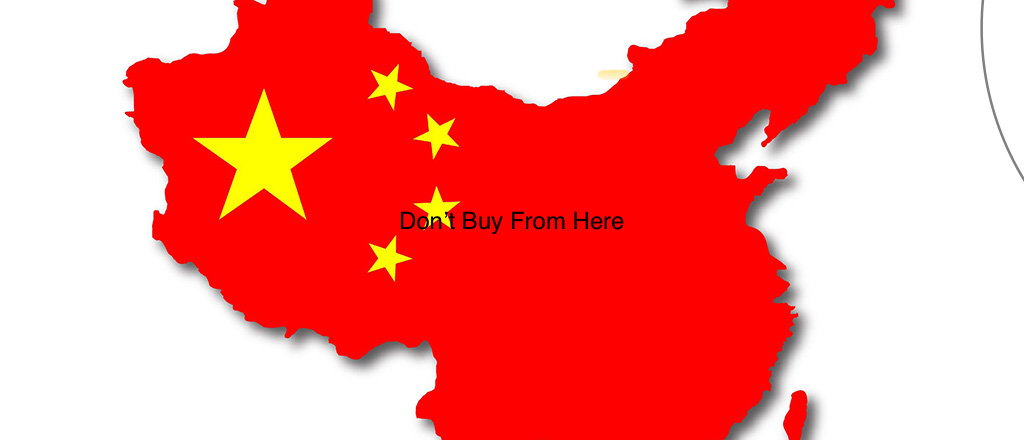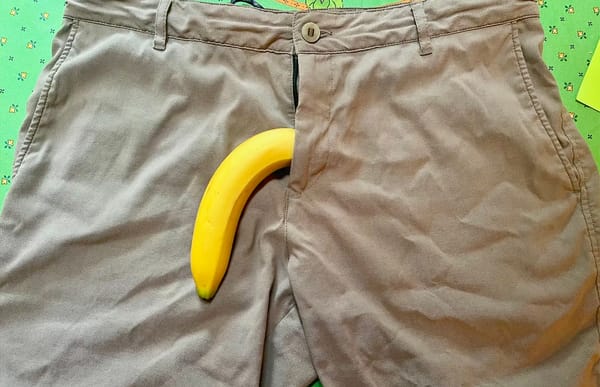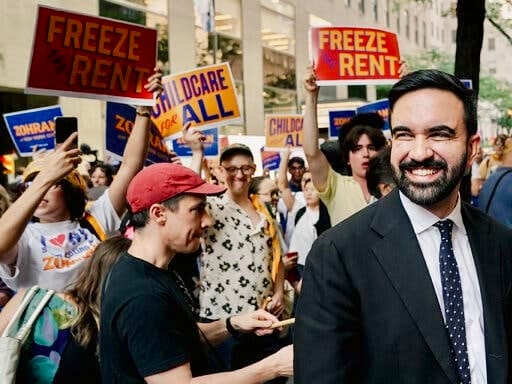Virus: Wakeup call with China
Mexican-American comic Paul Rodriguez had a memorable joke. Foreign wars, he said, is how Americans learn geography.
If it hadn’t been for the coronavirus plague, I wouldn’t have known that a majority of U.S. pharmaceuticals are made in China.

How sick is that?
I knew a lot of our meds are manufactured in Ireland, but there’s less risk in that because Ireland is a friend that shares values with the United States. Almost all of the 5 million people who live in Ireland have relatives among the 33 million Americans of Irish descent.
Despite the fact that the U.S. has 4 million Americans of Chinese descent, China is not our friend.
China is not quite an enemy, but close. More of a competitor with a goal of replacing America as the world’s No. 1 power. They don’t even make a secret of it.
And we are paving the way for them.
We are financing our own defeat.
“Chinese pharmaceutical companies have supplied more than 90% of U.S. antibiotics, vitamin C, ibuprofen and hydrocortisone, as well as 70% of acetaminophen and 40-45% of heparin in recent years, according to Yanzhong Huang, a senior fellow for global health at the Council on Foreign Relations,” the New York Times reported.
This country should never be dependent on another country, especially a hostile one, for medicines needed by Americans. This is a strategic vulnerability that could be fatal in an emergency.
By edict, tax break, or other means, the U.S. government must induce American manufacturers to return to these shores, for our own self defense.
For the past 50 years, American manufacturers have fled their home country to produce overseas at lower cost than in the U.S. There have been two consequences of this.
First, good. Prices have been kept low for consumers.
Second, bad. Millions of Americans became unemployed as their jobs were shipped overseas.
How many wake up calls do we need?
I am willing to pay more for a shirt made in the U.S.A. because it keeps my neighbors working and contributes to the health of the American economy.
Over the years, I have written about my preference for American-made products, increasingly difficult to find as everything from tooth brushes to cell phones are manufactured in China.
You have to look hard, but there are “buy American” web sites, such as the Made in America store.
Knowing what we know now, does it sound jingoistic or dangerously nationalistic to prefer American?
We trade with our friends and our friends don’t cheat. China does. Chinese manufacturers don’t work for stockholders or consumers. They work for the state.
More than a decade ago, I wrote a column titled, “Why are you buying anything from China?”
In that particular case, it had to do with tainted food from China sold in the U.S. There are well-documented cases of dog food manufactured in China killing or sickening American pets.
How many wake up calls do we need?
We are on the wrong end of a $400 billion trade deficit with China, they steal our intellectual property, permit knockoffs of designer American merchandise and turn a blind eye to illegal, lethal drugs that are shipped from there to here.
How many wake up calls do we need?



